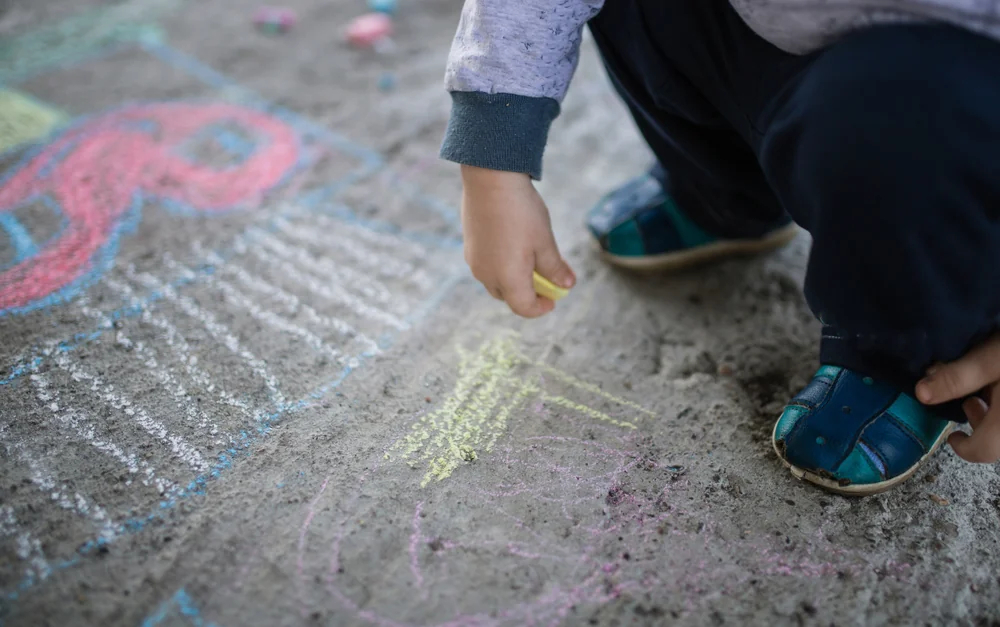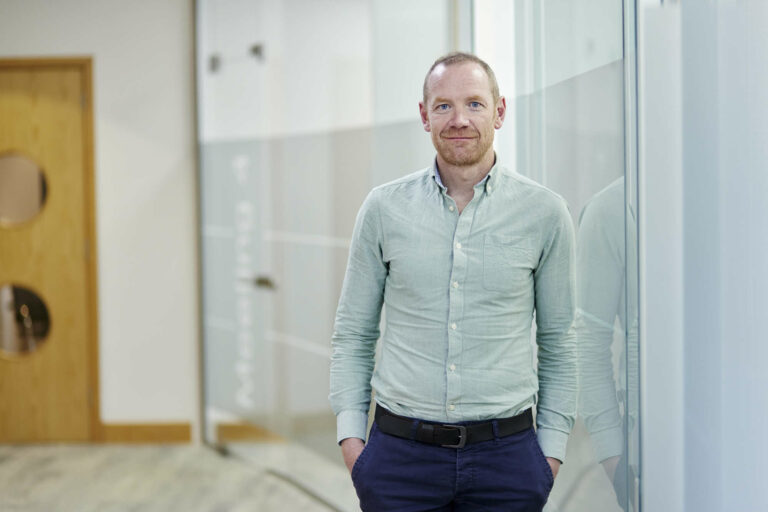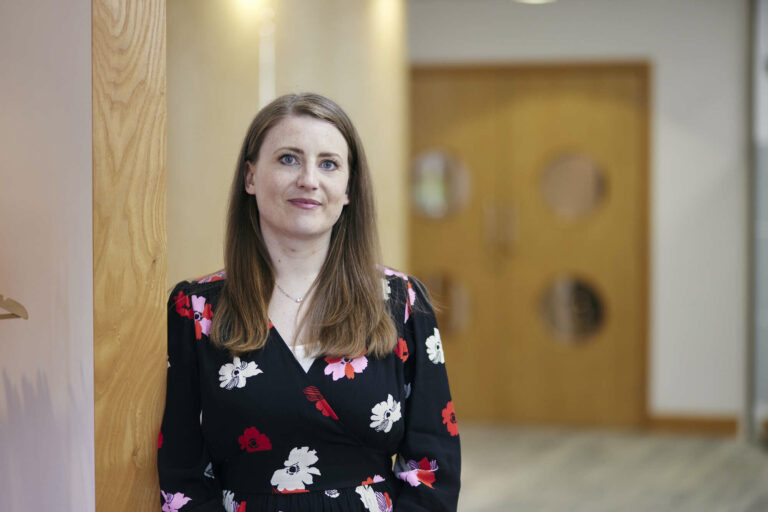April is child abuse prevention month, an opportunity for all of us to learn more about the forms abuse can take and ways to recognise it.
Child abuse can take many forms including physical, sexual or neglect. Many of our clients who have experienced abuse did not receive the help they needed when they were children. In this article we want to highlight signs of abuse to empower you to recognise them and help children at risk.
Physical abuse
Physical abuse is the easiest to recognise as it often results in visible injuries such as cuts, bruises, burns or scalds, bite marks, or broken bones. However, identifying marks may be hidden under clothing or behind fabricated stories such as a child falling over/off something.
If a child suffers regular injuries, there seems to be a pattern of when/how an injury occurs, or the explanation doesn’t match the injury then it should be a sign that something may not be as it seems and should be reported.
Sexual abuse
There are two types of sexual abuse: contact and non-contact. Contact abuse is when physical contact is made with a child and includes touching and kissing. Non-contact abuse can be in person or online and includes exposing/flashing, forcing a child to make, view or share sexual images or videos, or take part in sexual conversations.
Children who are subject to contact sexual abuse may sustain injuries in their intimate area.. They may experience painful urination, stomach aches, sore throat, sexually transmitted diseases, or pregnancy.
If a child is being sexually abused online they may spend more or less time than usual online, seem distant, upset or angry after using the internet, be secretive about who they are talking to and what they are doing online, seem as if they must be online at a certain time, have lots of new phone numbers or online contacts.
Emotional and behavioural signs of sexual abuse include:
• Avoiding being alone with or being frightened of someone
• Inappropriate language or sexual behaviour
• Nightmares or bedwetting
• Alcohol or drug use
• Self-harm
• Change in eating habits
• Unusual mood changes such as high levels of irritability or anger
• Changes in normal behaviour eg not wanting to go home or to a previously enjoyed club/activity
Neglect
Neglect is the most common form of child abuse. It occurs when there is a failure to meet a child’s basic needs. Some of the signs of abuse include:
• Poor appearance and hygiene: appearing hungry or dirty, or without appropriate or clean clothing.
• Housing and family issues: living in an unsuitable home environment eg a lack of bedding or heating. The home may be dirty and unkempt.
• Being left alone for extended periods or taking on the role of caring for others.
• Not attending school regularly.
• Being ignored, humiliated, intimidated, or isolated
• Not being taken to medical appointments, suffering from regular infections, illness or repeated accidental injuries which go untreated, skin issues such as sores, rashes, flea bites, scabies, or ringworm.
• The child may have poor language or social skills and may have weight or growth issues that are not linked to another health reason.
Other signs of child abuse
Abuse isn’t always obvious. Signs could be running away, criminal behaviour, eating disorders, self-harm, or drug/alcohol use.
There may be changes in behaviour. An abused child may develop mental health issues such as depression, anxiety, altered sleep cycles and low self-esteem. There may be a change in academic ability. They may become clingy, aggressive, or withdrawn. There may be a change in eating habits. Obsessive behaviour may be displayed.
Many of the signs of abuse can pass as being linked to other circumstances. It is important to not jump to conclusion but be aware of the signs and investigate their cause.
A child who is being abused may not realise that what’s happening to them is wrong and may blame themselves. If a child reveals they are being abused, it is important to listen carefully to what they are saying and let them know they have done the right thing in telling someone. Explain what you will do next and report what the child has told you as soon as possible. Do not confront the alleged abuser.
If you have suffered abuse as a child you are entitled to legal advice. We understand that talking about such experiences can be traumatic in its own right but if and when you are ready a member of our specialist team would be happy to have a free, confidential discussion with you and explore options for making a civil claim. To have a chat with a member of our team call us on 0800 044 8488 or fill in our contact form.










